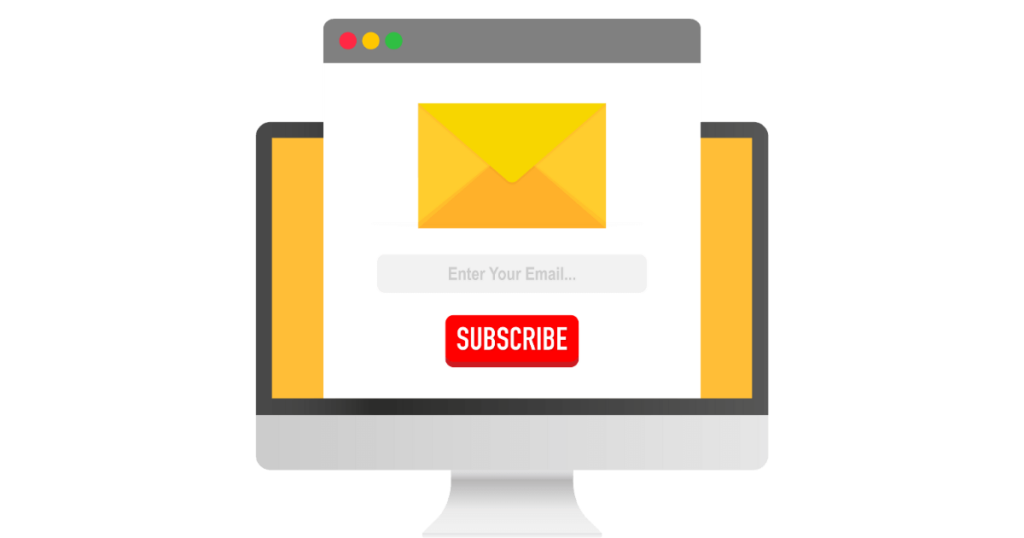When it comes to reaching out to educators, one question commonly pops up: should you ask for their personal email or their school email?
When asking your educator prospects for their personal information, such as on a free trial sign-up form, you (probably) have been requesting their school email address, right?
Most clients want us to secure a teacher’s school email address. And we get why – it “feels” more real, more substantial.
But you can’t force teachers to give you their professional school email addresses.
So you kind of have to live with what they decide to give you.
Fortunately, we think, whatever the teacher decides, there are advantages (and disadvantages) to both.
Advantages of getting a teacher's personal email address
Direct Access to Educators
When educators provide their personal email addresses, like johnsmith@hotmail.com, you can talk to them directly without any obstacles.
No more worrying about gatekeepers or filters. It’s a direct line of communication that improves the chances of your messages reaching them.
Personal emails tend to bounce less
School email addresses tend to be super long and, having seen tens of thousands of school email addresses through our clients’ campaigns, the teacher’s chance of misspelling it incorrectly is higher than you’d think.
This inevitably leads to hard bounces.
And the teacher won’t realise they spelt their email wrong – they’ll just think you’re ignoring them
Long-Term Relationships
Getting personal email addresses means you can maintain contact with educators even if they switch schools or roles.
If they leave their job, they leave their school email too. This potentially means losing a great advocate for your product when they start at a new school. A personal email address and your route into their inbox travel with them.
Basically, you don’t have to start from scratch every time they move on.
Retargeting
If you run social media adverts then you can use personal email addresses to build an audience in Facebook.
When setting up retargeting ads, you can upload their email addresses to Facebook to retarget them and create a ‘lookalike’ audience.
Disadvantages of getting teachers' personal email addresses
Lower visibility within the school
While personal email addresses offer direct access to prospects, there is a potential drawback.
Marketing messages sent to personal email accounts might not be visible to other decision-makers or colleagues within the school.
This limits the reach of your marketing efforts and hinders the organic spread of information and word-of-mouth referrals within the institution.
Risk of emails being filtered or ignored
Personal email addresses are often more susceptible to promotion filters, junk folders, or being overlooked among personal correspondence.
As a result, marketing messages sent to personal email accounts may not receive the same level of attention as official school emails.
This can reduce the effectiveness of your campaigns and hinder your ability to engage with prospects effectively.

Advantages of getting teachers' school email addresses
Enhanced credibility and legitimacy
When educator prospects provide their official school email addresses, they’re showing they trust you.
They know, in effect, that by giving you their official school email, they are tacitly inviting you into their professional life. A school email could be interpreted as more serious interest.
More likely to be shared within the school
Teachers will forward work emails to colleagues. They probably won’t forward personal emails.
Using school email addresses allows your marketing messages to reach other decision-makers, administrators, or teachers within the school.
Disadvantages of getting school email addresses
Restricted access and control
School email systems often have stringent filters or firewalls that can block or redirect marketing messages to spam folders.
This can result in lower open rates, limited engagement, and decreased visibility for your content.
Limited long-term engagement potential
If a teacher leaves their job (teachers regularly move schools for all sorts of reasons), they abandon their school email too.
To mitigate this try to obtain emails for several people in the school. That way if your main advocate leaves then you won’t be left high and dry when it comes to renewal time.
So, what's better? Personal or professional teacher emails?
To make the most of your communication with educators, consider these practical tips:
Adopt a “Who cares?” attitude
Let educators choose whether to provide personal or school email addresses. This allows them to select the option that suits them best.
Personalise your follow-up emails
Regardless of the email address, personalise your content. Use their names and tailor your messages to their needs. This personal touch enhances engagement and builds stronger connections.
Be transparent and GDPR compliant
Clearly communicate your intentions and data handling policies. Ensure that your practices comply with GDPR regulations and are transparent. This builds trust and encourages educators to give you their email addresses.
Re-word the email field on your sign-up forms
When building your free trial or demo forms, name the email field this instead:
“My best email address is:”
Don’t be too concerned about what email they give you as long as your opt-in process is clear, GDPR-friendly, and easy to understand.
The most important thing is that they open and read your email at all.














